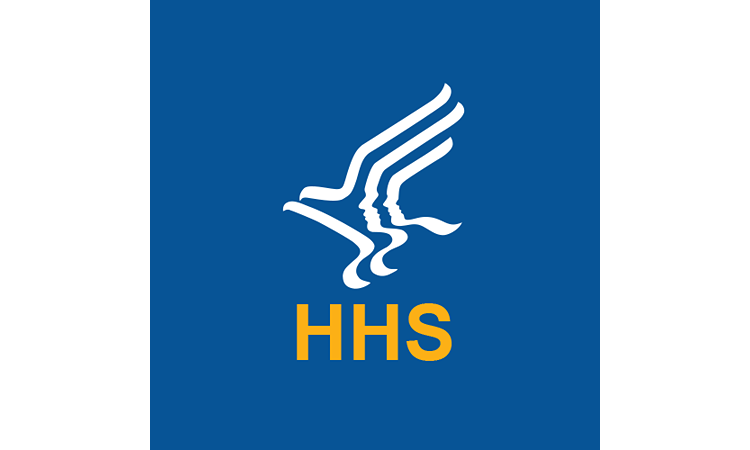Feb. 18, 2011 — Although marketers are pushing for the acceptance of voluntary programs that allow consumers to opt out of Internet tracking for marketing purposes, two bills were introduced in Congress last week that would provide the Federal Trade Commission (FTC) with the authority to both define and regulate online tracking.
On Feb. 10, U.S. Rep. Bobby L. Rush (D-Ill.) introduced H.R. 611, the Best Practices Act, which establishes ground rules and privacy minimums for consumers, including “opt-in” consent to disclose information to a third party. Under Rush’s bill, companies that collect personal information would be required to disclose their practices and provide concise, meaningful and easy-to-understand notices of these practices. The bill also includes safe harbors for companies who participate in a universal opt-out program operated by self-regulatory bodies and monitored by the FTC.
In Rush’s view, companies need the incentives provided by his bill “to agree to do these things,” he said in statement. “My bill would actually provide a sufficient mix of incentives for businesses not only to act in a more transparent manner with consumers but also to innovate and experiment with new business models … and to continue to offer relevant content and advertising to consumers who seek it.”
The Do Not Track Me Online Act of 2011 (H.R. 654), was introduced on Feb. 11 by U.S. Rep. Jackie Speier (D-Calif.). Speier’s bill would direct the FTC to develop standards for a “Do Not Track” mechanism that also would allow individuals to opt out of the collection, use or sale of their online activities.
Failure of a marketer to respect the consumer’s choice “would be considered an unfair or deceptive act punishable by law,” under this legislation, Speier said in a statement. “The federal government must have the authority and tools to enforce reasonable protections,” she said. Speier also introduced financial information privacy legislation (H.R. 653) on the same day.
In January, the Coalition for Healthcare Communication joined the Direct Marketing Association’s Internet Policy Comments to the U.S. Department of Commerce. These comments opposed the creation of a Do Not Track mechanism and consider mandatory Do Not Track provisions as preventing the flow of valuable consumer information.
Expanding the FTC’s authority in this area could be overkill, according to John Kamp, the Coalition’s director. “The current Do Not Track proposals offer a sledge hammer when a tack hammer is all that is needed,” he said.
He acknowledges that the balance between privacy and Internet convenience and utility needs to be met, but asserts that the industry has forged ahead to achieve this balance with an aggressive program that enables Web users to opt out of unwanted tracking and marketing. Indeed, “industry self-regulation is well ahead of the FTC and other government regulation efforts,” noted Kamp.
“As recent comments by the Coalition and others to the FTC and the Department of Commerce state, let’s give self-regulation and common-sense use by consumers a chance to develop before adopting dramatic, and possibly self-defeating, government regulation,” he said.cialis 2.5 mg



